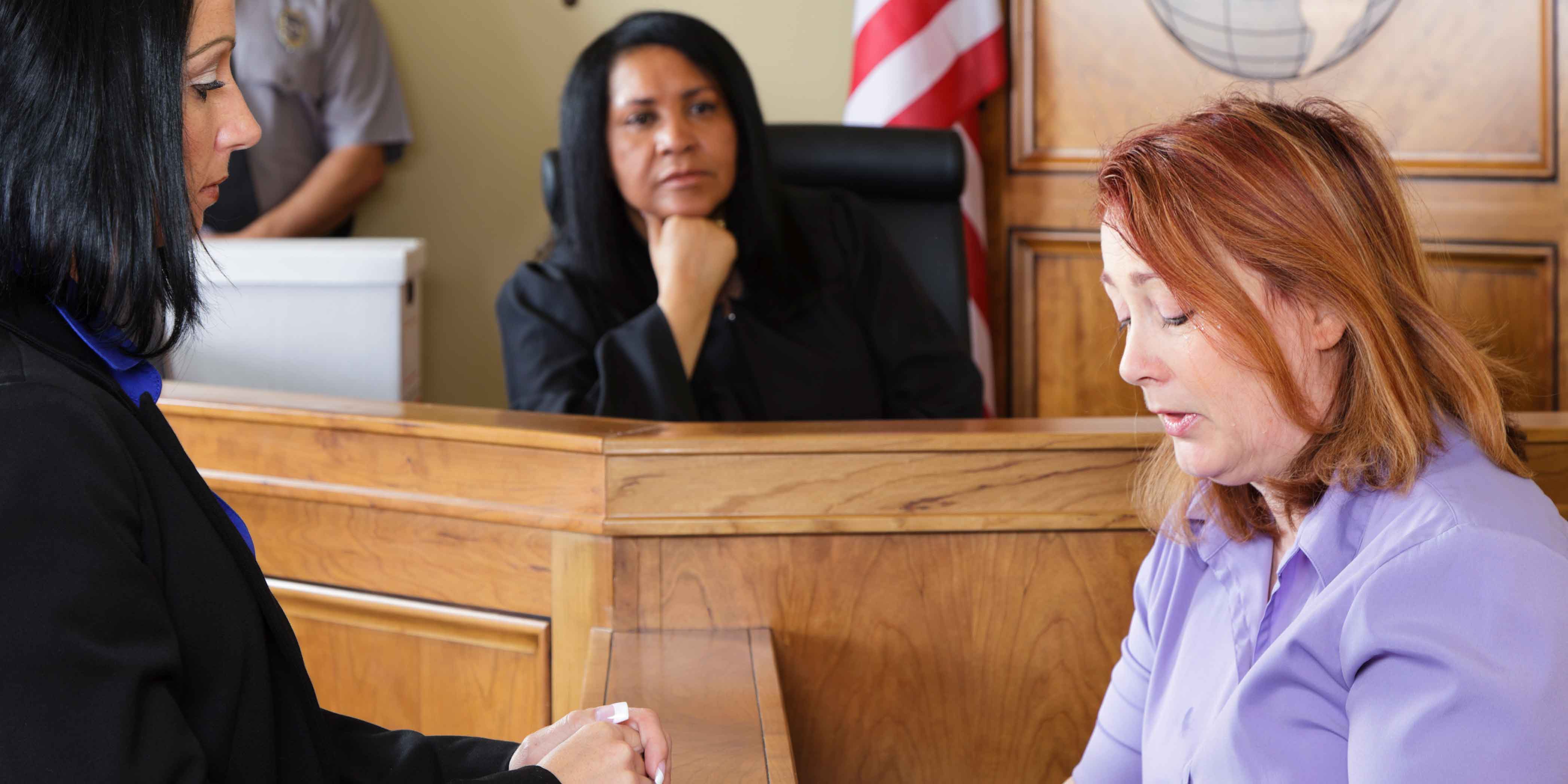Many of you have provided expert testimony in lawsuits in your own state, or other states, concerning wound care and whether that care was consistent with the applicable standard of care and standards of practice in that situation.

By Nancy J. Brent, MS, JD, RN
The following Arizona case — Rasor and Donald Miller, Wife and Husband, v. Northwest Hospital LLC — determined if a wound care nurse expert could testify to the cause of a wound sustained by the plaintiff (patient).
The female patient had open-heart surgery at the hospital and received an intra-aortic balloon pump “threatened through her femoral artery.” This required immobilization of her leg.
The patient was in the ICU for several days and the nursing staff discovered a pressure injury on her coccyx that reached stage IV and required 31 debridement procedures.
Due to her permanent pain and other symptoms, the patient and her husband filed a medical malpractice action against the hospital, alleging (hospital) nursing staff breached their professional duties, which caused the development of the pressure injury.
This breach occurred because the hospital did not appropriately off-load the patient and negligently failed to timely discover the pressure injury during her ICU care.
Nurse expert witness testifies about wound care
The husband and wife retained a board-certified wound care nurse as their nurse expert witness. The nurse’s opinion was the hospital staff had not adequately re-positioned the patient during her recovery, which caused the development of the pressure injury.
The pressure injury worsened because of the failure to respond appropriately after it was discovered.
Legal issues were raised by the hospital concerning the qualifications of the nurse expert witness to testify to the standard of care based on Arizona law. Its argument was a certified ICU nurse was required as an expert rather than a wound care specialist.
The trial court ruled the wound care nurse could testify concerning “wound care.”
The hospital then filed a summary judgment, arguing the nurse expert witness was not qualified to testify to the standard of care. Ultimately, the trial court agreed and ruled for the hospital.
Plaintiff appeals trial court decision
The husband and wife appealed that decision to the appellate court. That court also held the nurse expert was not qualified to testify to the standard of care.
The Supreme Court of Arizona agreed, but remanded the case back to the appellate court to determine “whether [the nurse] might nevertheless be qualified to provide expert testimony on causation, or whether this case does not require a causation expert as a matter of [Arizona] law.”
The appellate court reviewed the applicable state law and initially opined that because of the facts in this case, the patient’s development of a pressure injury and attendant contributing factors did require expert testimony concerning causation.
The court then addressed the hospital’s objection that the plaintiffs’ expert in this case was a nurse and not a physician and was, therefore, unqualified to testify as to causation.
The court carefully discussed this issue under Arizona law and held that the nurse expert could testify about causation.
Citing the nurse expert witness’ qualifications in this case, the court noted, among other experience:
- She was a registered and certified wound care nurse.
- She had experience as a director of wound care at a long-term, acute care hospital.
- She further testified that she did admission assessments, weekly assessments and care planning.
- She also provided treatments and collaborated with physicians (and others) for the plan and care of patients.
The court concluded its opinion by stating that the nurse expert was, according to the Arizona nurse practice act, able to “establish a nursing diagnosis, which includes determining the etiology or cause of a disorder.”
This power — coupled with her years of experience and meeting the qualifications of an expert witness generally under Arizona law — legally permitted her to testify as a causation expert in this case.
The court vacated the summary judgment motion in favor of the hospital and remanded the case back to the trial court for further proceedings.
State laws differ on expert testimony
This case is interesting because it underscores the differences in state law concerning expert witnesses and their qualifications.
As a result, your qualifications as an expert witness may be more than adequate in one state but not acceptable in another, leading to limited testimony about the standard of care.
As in this case, her opinion about the cause of the wound was acceptable testimony for this wound care specialist. Testimony about the overall standard of care was not.
It is always the judge’s determination, based on the applicable state law, whether you qualify as a nurse expert witness. The ruling can be appealed — as you saw here — and that legal process might or might not yield a different result.
Regardless of this particular issue, the case illustrates other matters affecting your role as an expert witness. They include:
- Determining what the required qualifications are of your role in a state in which you are to testify as an expert witness.
- Knowing the definition of nursing practice in your own state and in any state in which you are to testify as an expert witness.
- Keeping your wound care credentials and certifications current.
- Being honest and truthful concerning your experience and expertise in wound care.
- Before agreeing to be a nurse expert in a wound care case, seek a legal opinion by a nurse attorney or an attorney.
- Always testifying truthfully after a review of the facts and medical records of the plaintiff (patient).
- Remembering that the origin of a wound is a key issue in any case involving wound care.
Take one of our wound care courses or certification refreshers to keep your knowledge up to date.
What do you think?

